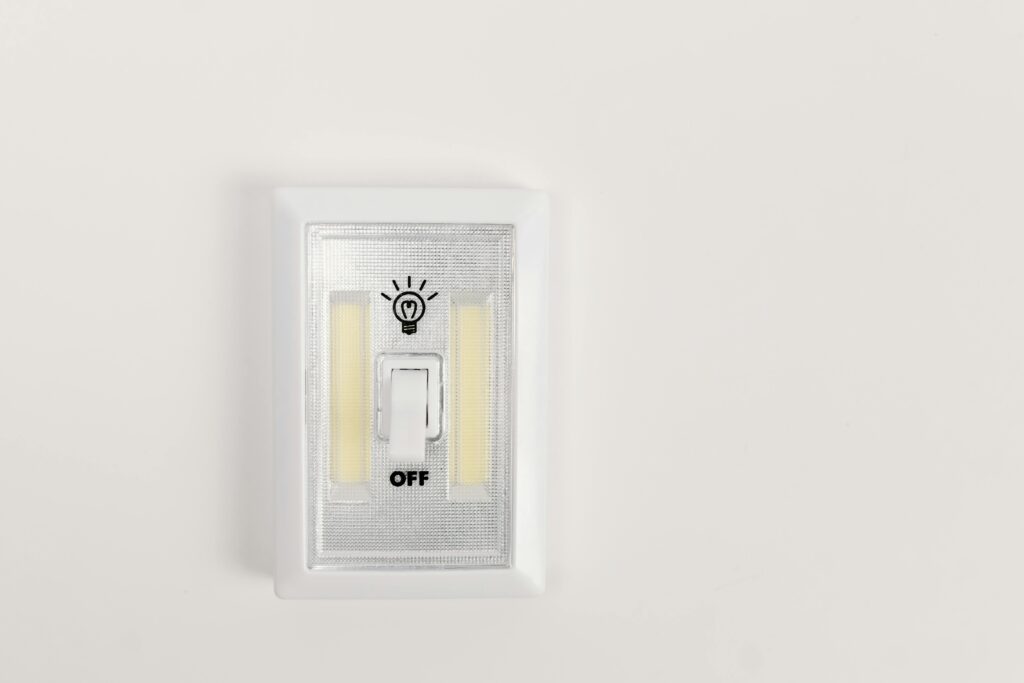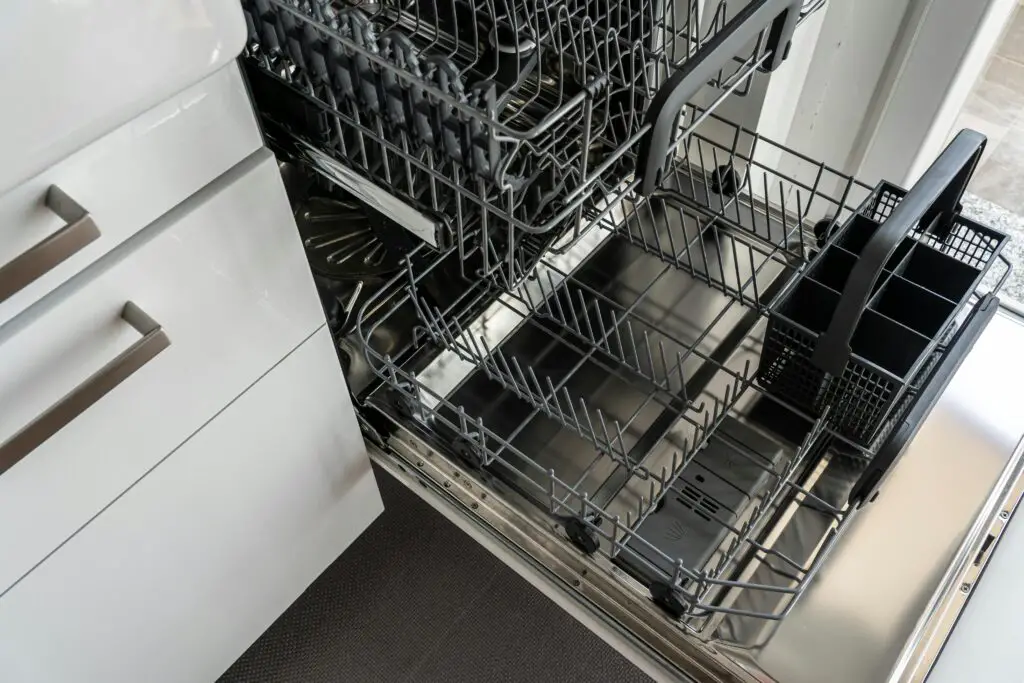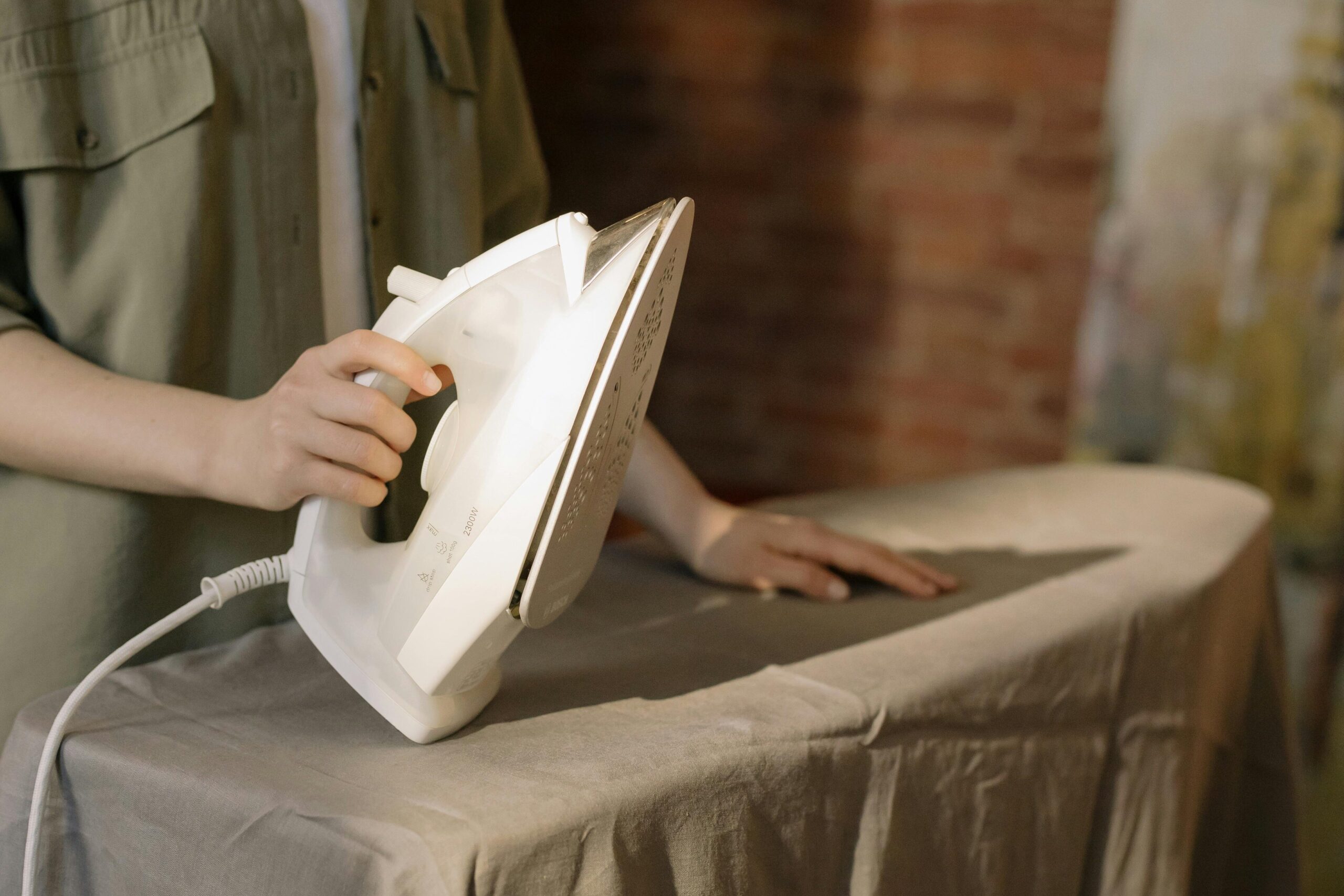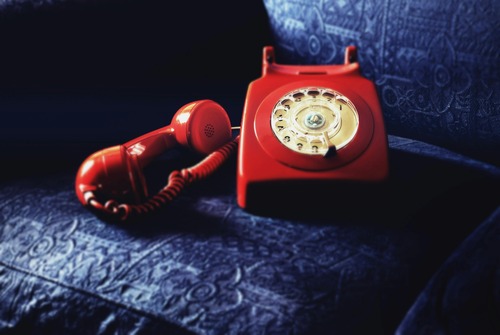1. No Shoes in the House—Ever

Boomers had a strict “no shoes indoors” policy, and they enforced it like their lives depended on it. It didn’t matter if you just popped in for a second to grab something—you better not step foot inside with your sneakers on. There were even designated “house shoes” or, worse, those clunky slippers you had to wear. Some homes even had signs reminding visitors to take off their shoes, as if guests were too reckless to remember. But here’s the kicker: many of these homes had plastic-covered furniture, so what exactly were they trying to protect? The floors were either covered in thick shag carpet or that indestructible linoleum that could survive an apocalypse. And let’s be real, were bare feet really cleaner than shoes? Nowadays, plenty of people still prefer a shoe-free home, but the militant approach has definitely loosened. If someone walks in with shoes on, most people don’t panic and start scrubbing the floor says the Washington Post.
For boomers, this rule wasn’t just about cleanliness—it was about control. Taking off your shoes was a sign of respect, a way of proving you weren’t tracking dirt through their pristine home. But ironically, many boomers were also the ones who insisted on vacuuming every day, so what was a little extra dust? The most bizarre part was when they’d enforce this rule even in homes with pets that freely ran outside and back in. Did they think a dog’s paws were magically cleaner than a pair of sneakers? These days, people take a more relaxed approach, with some just asking politely instead of barking out orders. Plus, with modern shoe-cleaning mats and more durable flooring, it just doesn’t seem as crucial anymore.
2. No Eating in the Living Room

Boomers treated the living room like a sacred space, as if eating there would summon disaster. Every house had a formal dining area, and you were expected to use it—even if it was just for a casual snack. Heaven forbid you tried to sneak a bowl of cereal onto the couch while watching Saturday morning cartoons. If you did, you’d get a lecture about crumbs, spills, and how “we don’t eat where we relax.” The irony? Many boomers themselves would sit in their recliners with a TV tray, happily munching on their dinner. So apparently, the rule only applied to kids and guests, not the people enforcing it. And let’s not forget how some of these homes had plastic couch covers, making them practically spill-proof anyway adds HuffPost.
Today, this rule seems pretty outdated because most people live more casually. Open-concept homes blur the lines between dining and lounging spaces, so there’s no real reason to separate the two. Plus, with better cleaning supplies and stain-resistant fabrics, the risk of permanent damage is much lower. People also tend to snack while watching TV, which is just a normal part of modern life. Sure, no one wants a melted chocolate bar ruining their sofa, but a little caution goes a long way. It’s just not realistic to expect people to always sit at a formal table when they eat.
3. No Phones at the Table—Even if It’s an Emergency

Back in the day, meal times were sacred, and boomers didn’t want any distractions—especially from technology. Even when home phones became cordless, you’d get the death glare if you dared answer a call during dinner. It didn’t matter if it was important; you were expected to let it ring. If you had friends calling, they were supposed to “just know” not to call during dinner, as if they could read minds. If you needed to check something, too bad—you’d have to wait until after everyone was done eating. Fast forward to today, and this rule seems completely unreasonable. Sometimes, you genuinely need to check your phone, especially if you have a job, kids, or something urgent going on.
Boomers saw phones as a distraction, but today, they’re a necessity. People coordinate schedules, check work emails, and even handle emergencies—all from their phones. Sure, it’s still rude to be glued to a screen during dinner, but the idea of banning phones entirely feels extreme. Some families still have a no-phone rule, but it’s more flexible—like putting them away during conversation, not banning them completely. Plus, when boomers made this rule, they were also the ones spending dinner glued to the TV or a newspaper. It’s funny how technology was the problem, but a blaring TV in the background was somehow acceptable.
4. Making the Bed Every Single Morning

Boomers believed in making the bed as soon as you got up, no exceptions. Even if you were running late, sick, or just going to crawl back into it later, that bed had to be neatly made. The logic was that it “started the day off right” and made you feel accomplished. But let’s be honest—most people weren’t suddenly more productive because they smoothed out their blankets. Some boomers even went the extra mile, tucking in sheets military-style and piling on decorative pillows. It was like they were prepping their bed for a furniture showroom instead of actually sleeping in it. And if you skipped this step? You’d hear about it all day long.
These days, people are a lot more relaxed about it. Some still swear by making their bed, but plenty of people see it as unnecessary, especially if they’re just going to mess it up again at night. Research has even suggested that leaving your bed unmade can help air it out and reduce dust mites—something boomers never considered. Plus, in the rush of modern life, making the bed is just not a top priority for many people. It’s a nice habit, sure, but not a crucial one.
5. Keeping Towels “For Show” Only

Boomers loved their decorative towels—just don’t you dare use them. Bathrooms would have perfectly folded towels hanging on racks that no one was actually allowed to touch. Sometimes, they were even embroidered with initials or had fancy lace edges, as if they belonged in a museum. If you accidentally used one, you’d get a lecture about how they were “just for decoration.” Meanwhile, the actual towels you were supposed to use were often old, rough, and barely absorbent. The logic made no sense—why have towels you can’t use when the whole point of a towel is, well, drying things?
Today, this rule seems downright absurd. Most people don’t have the time or patience to maintain a set of “forbidden” towels. Guests feel awkward trying to figure out which towels are okay to use, which defeats the purpose of hospitality. Plus, modern decor trends lean toward functionality—people want things to look good but also be practical. If a towel is hanging in the bathroom, it should be fair game. The whole “just for show” thing feels like an outdated relic of the past says BuzzFeed.
6. No Playing Until Your Chores Are Done

Boomers had a strict “work first, fun later” mindset, and they made sure their kids followed it, too. If you wanted to play outside, ride your bike, or even watch cartoons, you had to finish your chores first. It didn’t matter if the sun was setting or your friends were already outside waiting—you weren’t going anywhere until your room was spotless. The worst part was that chores weren’t always quick or reasonable. You weren’t just picking up toys; you were vacuuming, dusting, and sometimes even scrubbing floors like a miniature maid. If you dared to complain, you’d get a lecture about how they did twice as much when they were your age.
These days, people take a more balanced approach. While it’s still important to teach responsibility, kids aren’t expected to complete a full day’s worth of housework before having fun. Modern parents often let kids enjoy some playtime first, especially since structured schedules and schoolwork already take up so much time. Plus, research shows that kids are more likely to help with chores when they don’t see them as a punishment. Boomers thought they were building discipline, but they were really just making chores feel like an obstacle to happiness.
7. Turning Off Lights the Second You Leave a Room

Boomers treated electricity like it was coming straight out of their wallets—because, well, it was. If you left a light on for even a few extra minutes, you’d get scolded as if you had personally raised the power bill by $100. Some boomers even went as far as installing timers or those weird clap-on, clap-off switches to make sure no watt went to waste. They acted like leaving a single lamp on in an empty room was the ultimate crime. But here’s the thing—modern energy-efficient bulbs use far less power than the old incandescent ones, so the impact isn’t nearly as dramatic anymore.
Nowadays, most people aren’t as militant about this rule. Sure, no one wants to waste electricity, but leaving a light on for a little while isn’t the end of the world. Many homes now have smart bulbs and motion sensors, making it easier to control energy use without constant nagging. Plus, with how many electronic devices we have running all day, a forgotten hallway light is probably the least of anyone’s concerns. Boomers might still walk around shutting off lights, but the urgency just isn’t there anymore.
8. No Sleeping In—Even on Weekends

Boomers believed that sleeping in was lazy, no matter what day it was. Even on weekends or during summer break, you were expected to be up at a “reasonable” hour. And by reasonable, they meant sunrise. If you were still in bed past 8 AM, you’d get hit with the dreaded “Are you planning to sleep all day?” comment. It didn’t matter if you had stayed up late or had nothing to do—lying in bed was seen as a moral failing. Meanwhile, the same boomers enforcing this rule would fall asleep in their recliners by 7 PM, so what exactly was the point?
Today, people are much more relaxed about sleep schedules. Science has shown that getting enough rest is actually good for you, not a sign of laziness. With the hustle of modern life, sleeping in on weekends can be essential for catching up on rest. Sure, no one wants to waste the whole day in bed, but there’s no need to be up at dawn just for the sake of it. If anything, boomers could have benefited from a little extra sleep themselves.
9. Answering the Phone No Matter What

Boomers treated phone calls like they were life-or-death situations. If the phone rang, you answered it—no exceptions. It didn’t matter if you were in the middle of dinner, watching a movie, or just didn’t feel like talking. Ignoring a ringing phone was basically unheard of. And if you dared to screen a call? Forget it. You’d get scolded for being rude, as if the person calling had a right to your time. Boomers also had a weird obsession with knowing exactly who was calling before caller ID existed. They’d answer with suspicion, demanding, “Who is this?” like they were conducting an interrogation.
Nowadays, letting a call go to voicemail is completely normal. With spam calls, robocallers, and endless telemarketers, no one has time to pick up every unknown number. People also communicate more through texting, so a phone call is rarely urgent. The idea of dropping everything just to answer the phone feels ridiculous in a world where we have multiple ways to stay in touch. Boomers might still answer every call out of habit, but the rest of us know that if it’s important, they’ll leave a message.
10. No Using the Dishwasher—It’s Just for Show

A lot of boomer households had dishwashers, but strangely, they were rarely used. Instead, you were expected to wash dishes by hand, dry them, and then carefully put them away. If you asked why the dishwasher wasn’t being used, you’d get some vague answer about how it “wastes water” or “doesn’t clean as well.” Meanwhile, the dishwasher sat there, fully functional, but treated like an unnecessary luxury. The irony is that modern dishwashers are actually more water-efficient than handwashing, so boomers were often wasting more water with their stubbornness.
These days, almost everyone uses their dishwasher regularly. Not only does it save time, but it’s also more hygienic since it uses hotter water than most people can tolerate when handwashing. The idea of scrubbing every plate, cup, and utensil individually now feels exhausting. Some boomers still insist that dishwashers are unreliable, but younger generations know better. If a machine exists to make life easier, why wouldn’t you use it?
11. Ironing Everything—Even T-Shirts

Boomers had an intense relationship with ironing. They would press everything, from dress shirts to casual t-shirts, as if wrinkles were a personal failure. Some even ironed jeans, which seems downright ridiculous now. If you showed up somewhere with a slightly wrinkled shirt, you’d get a judgmental look and possibly an offer to “fix that for you.” The weirdest part was that some of these same boomers would also fold clothes straight out of the dryer instead of hanging them, which just made more work for themselves.
Today, ironing is mostly reserved for formal wear. With wrinkle-resistant fabrics and handheld steamers, there’s just no need to iron everything. A few wrinkles in a t-shirt aren’t the end of the world, and most people don’t even notice. Boomers saw ironing as a sign of effort and respectability, but younger generations see it as an unnecessary hassle. Life is too short to spend extra time smoothing out a pair of sweatpants.
12. Keeping a Landline “Just in Case”

Even as cell phones became the norm, boomers clung to their landlines like a lifeline. They’d insist it was necessary “for emergencies,” even though their cell phones were always within reach. Some still keep a landline despite never using it, paying a monthly fee for the privilege of receiving spam calls. They’d also lecture younger people about how unreliable cell phones are, despite the fact that landlines go down in power outages, too. Meanwhile, they’d complain about robocalls but refuse to get rid of the phone number that was listed in every directory.
Most people today see landlines as unnecessary. With cell phones, Wi-Fi calling, and emergency alerts, there’s no real reason to keep one around. Some boomers still refuse to part with theirs, but it’s mostly out of habit. Younger generations know that if they need to make a call, their cell phone will do just fine. The idea of paying extra for a phone no one uses just seems silly now.
